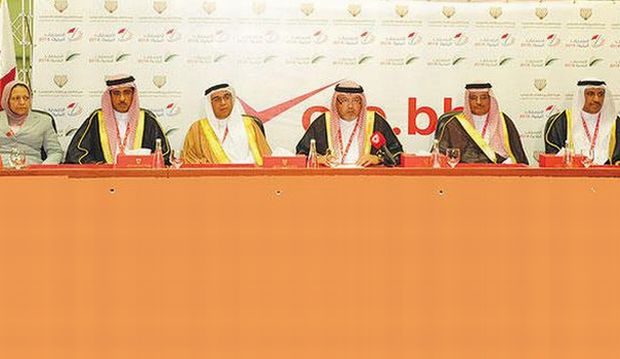The elections, which took place on November 22 and Sunday, saw independents winning 36 seats, or around 90 percent of the country’s 40-seat lower house of parliament, or House of Representatives.
Despite a boycott by the largely Shi’ite opposition, led by the Al-Wefaq movement, 17 Shi’ite independents won parliament seats following the vote, which drew in a high turnout of 52.6 percent of the electorate.
The results also saw three female candidates winning seats and a marked decline in representatives from political parties in the parliament, especially Sunni parties, who won only 4 seats.
The new parliament will for the first time be able to vote on the government’s political program, the result of constitutional amendments and political reforms put forth by King Hamad, following talks with opposition groups who led protests in 2011 calling for greater political representation.
This program must be put before parliament within 30 days of the formation of the new government.
If parliament does not approve the program, the government must then make the necessary amendments according to MPs’ recommendations and then put forward the plan to a vote once again.
A second rejection of the program by parliament would result in either the resignation of the government or the King dissolving parliament.
The King is expected within the next week to announce the makeup of the upper house of parliament—known the Shura Council, or legislative assembly—whose members he will choose himself, in accordance with the country’s constitution.
According to Bahraini political custom, if the head of the Shura Council is a Sunni, the head of the House of Representatives must be a Shi’ite, and vice-versa.


Trackbacks/Pingbacks